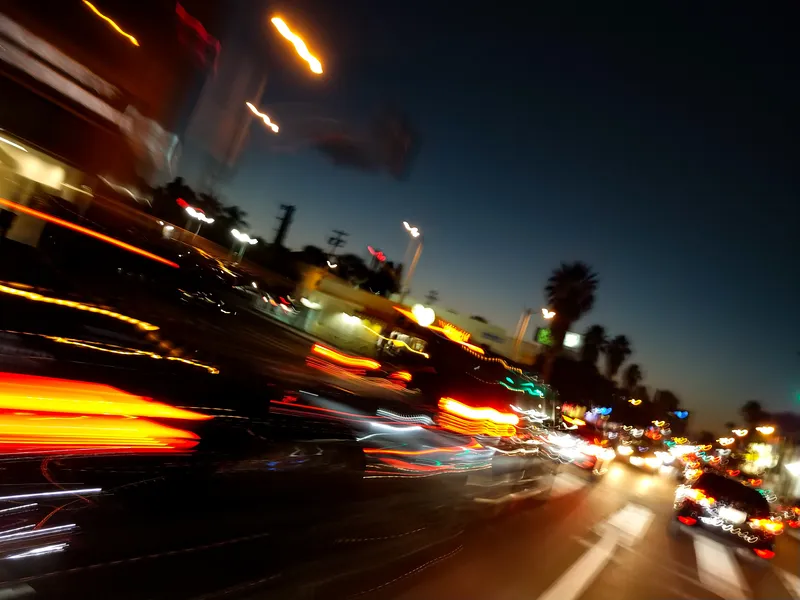Image Sensing Systems (ISS) is to focus on exploring the developing promising new and early stage technologies for commercialisation within the intelligent transportation, safety and security sectors.
To this end, the company has formed a new research department, ISS Labs, headed by Dr Panos Michalopoulos, ISS’ original founder.
September 12, 2013
Read time: 2 mins
To this end, the company has formed a new research department, ISS Labs, headed by Dr Panos Michalopoulos, ISS’ original founder.
ISS Labs will collaborate with the company’s marketing and engineering departments, as well as develop external partnerships and alliances. These key alliances will assist in the development of new technologies, applications and solutions to solve current and emerging problems.
“With ISS Labs, we are making a dedicated commitment to ensure our role as an innovator in leading edge solutions within the traffic, safety and security industries,” said Kris Tufto, Image Sensing Systems CEO. “I’m looking forward to the innovations that will emerge from the Labs’ effort and their collaborations with our industry as a whole; academia, research centres, consultants and other integrators.”
“I am excited to take on this new role. The formation of ISS Labs shows the company’s long-term commitment to innovation, leadership and partnership with both the private and public sectors,” Michalopoulos said.









